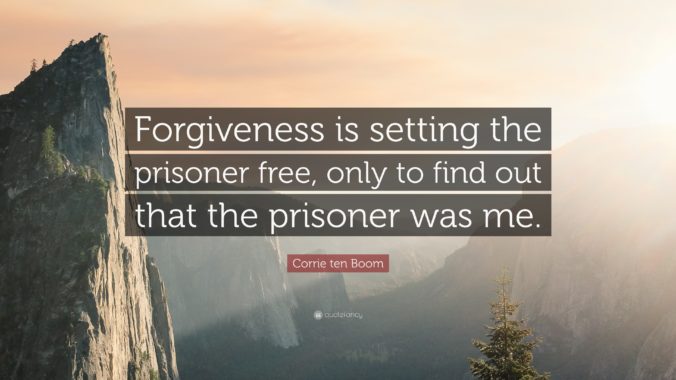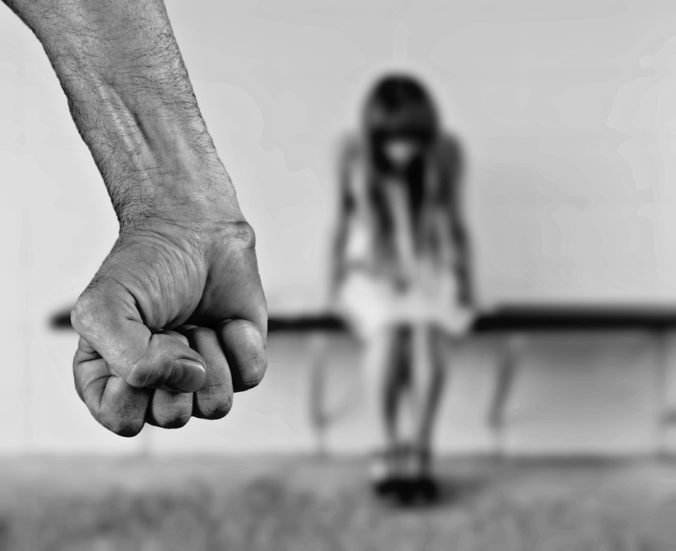I try extremely hard to not speak on behalf of God. Instead, I’m inclined to report on what God didn’t say. The ways that holy scripture can be twisted for personal benefit is endless, especially to an audience who has such little understanding of the culture to which it was originally written (a BFD, in my opinion).
So when prominent Christian leaders make big public statements, I hold my breath. On the one hand, we need their wisdom. I have my own personal favorites and when she or he speaks, I listen and absorb. I try to filter and use my own wisdom, but I know I’m never perfect in that regard. Sometimes I trust because I’m not at the point of being able to sort it for myself. And that’s okay. But Big Christian Leaders may not always keep this in mind. In fact, sometimes it is exploited.
Now that several Big Names have asked the Christian public to forgive Trump, I feel compelled to offer a warning; a reminder about what forgiveness involves.
Forgiveness is rarely about the offender. It’s about the offended. To be clear, Trump hasn’t asked for forgiveness. He doesn’t feel he did anything wrong. So we’re not offering reconciliation because his heart has softened and he realizes the error of his ways.
Often, forgiveness arises as a means of freedom for the one forgiving. It’s a weight you don’t have to carry anymore. Sometimes, we have to forgive and forgive and 10 years later you find you’ve picked up that same baggage and accidentally started toting it around with you again. It’s a conscious decision to set something aside for the sake of your own heart.
Jesus challenges to us to forgive in a limitless supply, because in forgiving others we lean into our own forgiven state – and vice versa. Often we feel more compelled to forgive once we realize our own forgiven-ness. Freedom begins to define us, rather than the smallness we feel with guilt and hatred. And the more you forgive, the easier it is to forgive again.
When you forgive someone, you’re freed from their actions defining you. This does not give license to the person to continue to hurt you. You can forgive someone, set that weight aside, while not inviting the behavior back into our lives.
The church has a terrible, nasty history of using forgiveness as a means of holding its people in situations that are unhealthy. “You need to forgive” – especially when in context of Jesus’ words that we will only be forgiven to the extent we forgive others – are weighty words. No one wants to feel un-forgiven, so the threat of a heavenly withholding can push people into corners.
Church leaders have used this logic to keep women in unhealthy and even dangerous relationships. Some pastors have been quick to tell the woman that her job “as a Christian” is to forgive – and while forgiveness is a godly goal, it is not synonymous with staying. Forgiving doesn’t give him a right to do it again. You can leave, and forgive.
So when these leaders are pleading for a man’s forgiveness, let’s be clear: it’s for the sake of their own conscious. They’re looking to rectify their hearts with what they know to be wrong. It is not synonymous with staying. It doesn’t require we go back.
If Trump followers want to forgive and move on, that’s the work of their own hearts. And it’s a good work. Forgive away, because the world needs more of it. But please don’t be convinced that such work requires you support the continued work of the forgiven, especially when the forgiven person has made no indication of change. There’s no evidence that it will be different next time.


